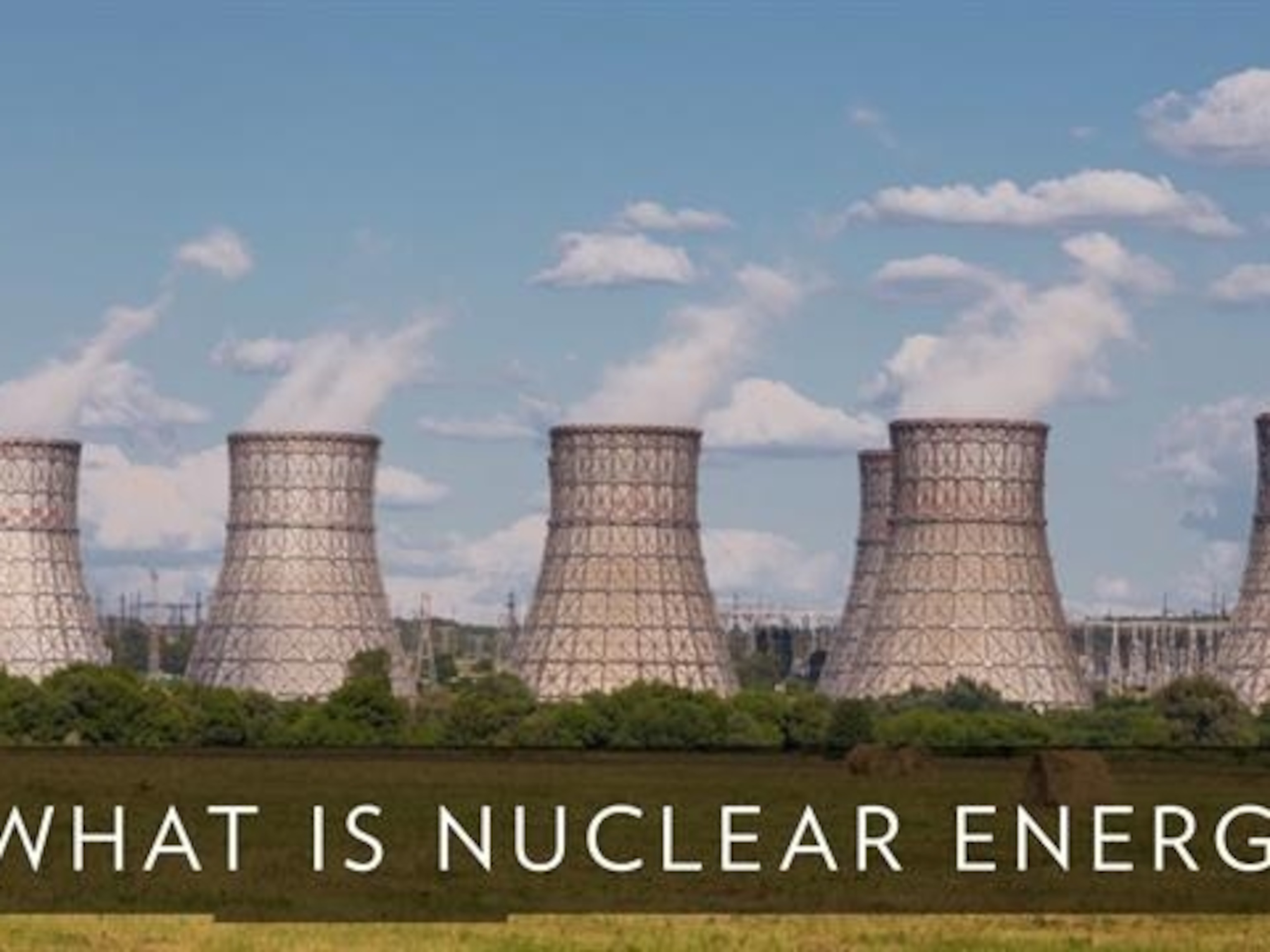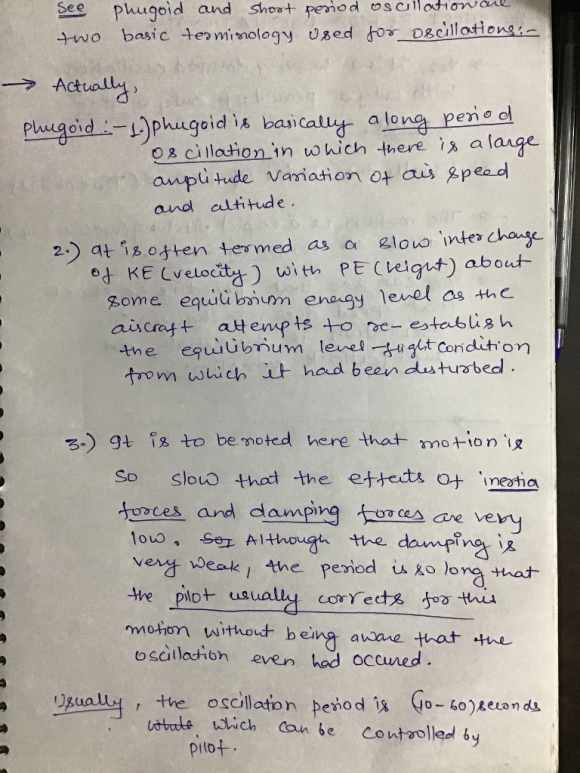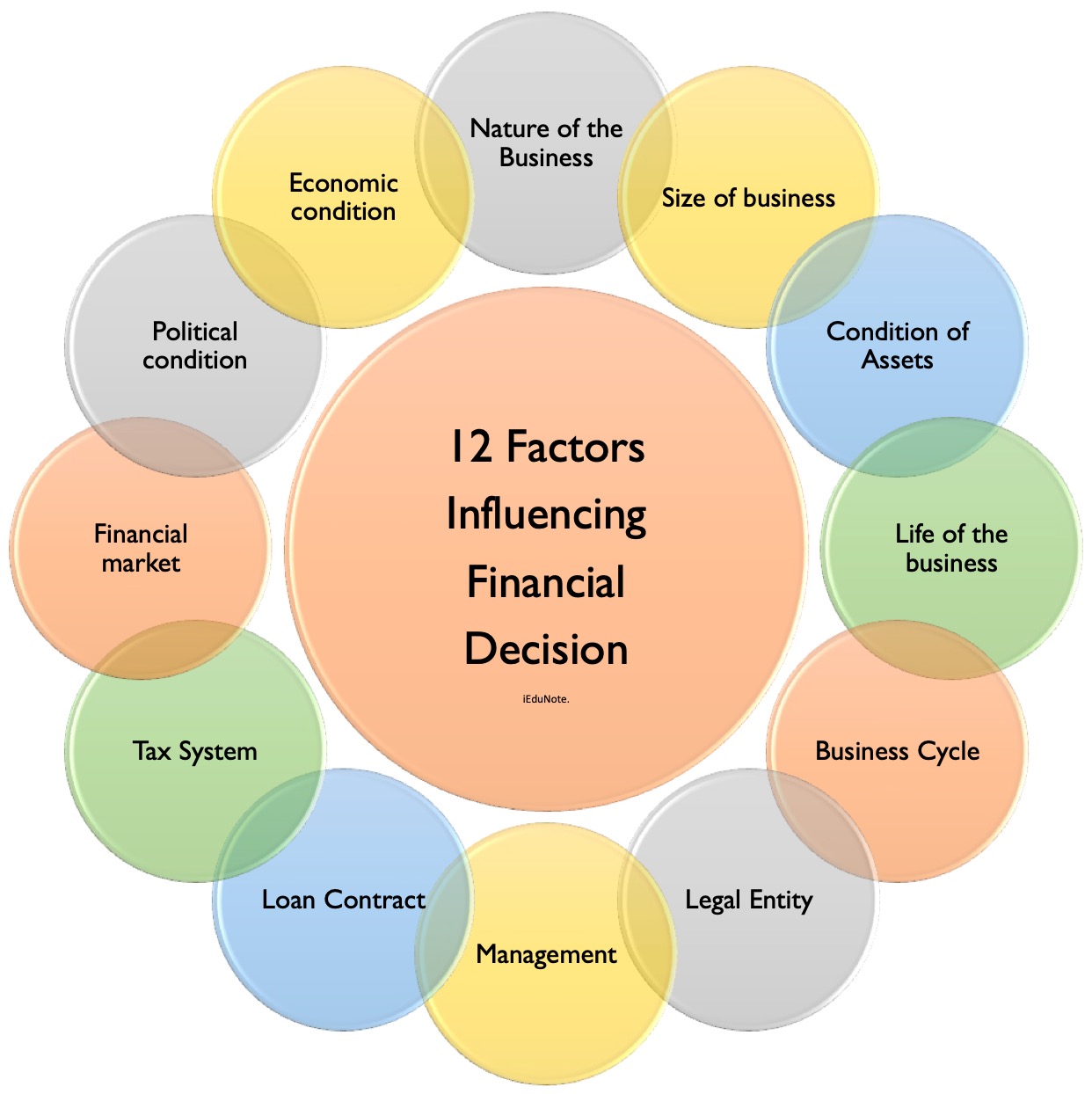Nuclear Energy And The Law: A Focus On Ongoing Litigation

Table of Contents
Nuclear Waste Disposal: A Major Source of Legal Battles
Nuclear waste disposal presents one of the most significant legal and logistical challenges in the nuclear energy sector. The long-term storage of highly radioactive materials necessitates costly and complex solutions, leading to numerous legal battles. The sheer volume of waste generated over decades of nuclear power production, coupled with the extended timeframe required for safe disposal (thousands of years), makes this a particularly thorny issue.
The complexities and costs of nuclear waste disposal are staggering. This involves not only the physical handling and storage of the waste but also the immense financial burden associated with long-term monitoring and potential remediation. Ongoing legal challenges revolve around several key areas:
-
Liability for long-term storage: Determining who bears the responsibility for the long-term safety and security of nuclear waste repositories is a major point of contention. Current and future generations must be protected, leading to ongoing debates about intergenerational equity and the legal framework to ensure accountability.
-
Siting of new repositories: Finding suitable locations for new nuclear waste repositories faces intense public scrutiny and opposition. The Yucca Mountain repository project, for example, was fraught with legal challenges and ultimately abandoned, highlighting the difficulty of securing necessary permits and overcoming community resistance. Cases like State of Nevada v. Nuclear Regulatory Commission illustrate the intense legal battles surrounding repository siting.
-
Environmental impact assessments and permits: Rigorous environmental impact assessments are mandatory, generating extensive legal documentation and potential for litigation over the adequacy of these assessments and the environmental permits granted.
-
Transportation of nuclear waste: The transport of nuclear waste across state and national borders creates further legal complexities, including safety regulations, transportation permits, and potential liability in case of accidents.
Specific Legal Cases and Legislation: The Nuclear Waste Policy Act of 1982, and its amendments, represent a cornerstone of US legislation governing nuclear waste disposal, yet the ongoing litigation demonstrates the continuous need for legal clarification and adaptation.
Nuclear Plant Decommissioning: Legal and Financial Hurdles
Decommissioning a nuclear power plant is a costly and technically challenging process. It involves the safe shutdown of the reactor, removal of radioactive materials, and the eventual dismantling of the plant. Legal frameworks governing decommissioning vary significantly across jurisdictions, creating a complex and often contentious environment.
The legal frameworks governing decommissioning dictate the procedures, responsibilities, and timelines involved. However, the financial implications of decommissioning often lead to significant legal disputes.
-
Funding mechanisms: Securing adequate funding for decommissioning is a major challenge. The long-term nature of the process and the potential for unforeseen costs often lead to debates about the appropriate funding mechanisms, leading to legal battles over who is responsible for these costs (plant operators, ratepayers, government).
-
Liability for decommissioning costs: Determining liability for decommissioning costs is a complex legal issue. Disputes may arise between plant operators, utilities, and government agencies regarding responsibility for past liabilities and future costs.
-
Environmental remediation: The environmental remediation required after decommissioning can be extensive and costly, leading to legal challenges related to the scope and adequacy of remediation efforts.
-
Long-term site monitoring: Post-decommissioning, long-term site monitoring is essential to ensure ongoing environmental safety. The legal framework for monitoring and liability for any future issues needs to be clearly defined.
Key Legal Precedents and Challenges: Numerous court cases have addressed issues surrounding decommissioning costs, liability, and environmental remediation. These precedents influence ongoing litigation in the field.
Nuclear Safety and Regulatory Compliance: Ongoing Litigation
Stringent safety regulations are paramount in the nuclear energy sector to prevent accidents and protect public health and the environment. However, despite these regulations, accidents do occur, leading to extensive legal challenges.
Common legal challenges related to nuclear safety and regulatory compliance include:
-
Accidents and incidents: Major accidents like Chernobyl and Fukushima (while differing greatly in their root causes) have had profound legal ramifications, leading to extensive litigation regarding liability, compensation for victims, and regulatory reform.
-
Regulatory oversight and enforcement: The effectiveness of regulatory oversight and enforcement is frequently challenged in court. Cases involving alleged regulatory failings or inadequate enforcement can lead to significant legal battles.
-
Operator liability: Determining the liability of nuclear power plant operators in case of accidents or incidents is a crucial legal issue, often involving complex arguments regarding negligence, causation, and the extent of damages.
-
Public safety concerns and legal challenges: Public concerns about nuclear safety often translate into legal challenges to licensing decisions, operational practices, or regulatory decisions.
Examples of Recent Lawsuits or Regulatory Disputes: Several ongoing lawsuits challenge the adequacy of safety regulations, licensing procedures, and emergency response plans, showcasing the continuing evolution of "Nuclear Energy and the Law."
Nuclear Energy Insurance and Liability
The nuclear energy industry requires specialized insurance to address the unique risks associated with nuclear power generation. The legal framework governing liability in case of accidents is complex and varies significantly across jurisdictions.
-
Specific insurance requirements: Nuclear power plants face stringent insurance requirements, far exceeding those of other energy sectors. This is due to the potential for catastrophic damage and extensive long-term consequences in case of accidents.
-
Legal framework governing liability: International conventions and national legislation establish the legal framework for liability in case of nuclear accidents. These frameworks often involve a combination of operator liability, government guarantees, and international compensation mechanisms.
-
Challenges of securing adequate insurance coverage: Securing adequate insurance coverage can be challenging given the high potential losses associated with nuclear accidents. This can lead to legal disputes over the extent of coverage and the interpretation of insurance policies.
Key features of nuclear liability legislation and insurance schemes: The Price-Anderson Act in the US, for example, represents a unique legislative approach to nuclear liability, demonstrating the need for specialized legal and insurance frameworks in the nuclear energy sector.
Conclusion: Understanding the Legal Landscape of Nuclear Energy
The legal challenges facing the nuclear energy industry are multifaceted and constantly evolving. From the complexities of nuclear waste disposal and decommissioning to the stringent safety regulations and liability issues, "Nuclear Energy and the Law" forms a highly specialized and dynamic field. This article has only touched upon some of the key areas of ongoing litigation. The financial implications, environmental concerns, and public perception all play critical roles in shaping the legal landscape of nuclear energy.
The complexities of nuclear energy and the law necessitate a deep understanding of the relevant legislation, regulations, and case law. Stay informed on the latest developments in nuclear energy law by exploring resources like the World Nuclear Association's website, the Nuclear Regulatory Commission's database, and legal databases such as Westlaw or LexisNexis. Deepen your understanding of the legal complexities surrounding nuclear waste disposal, decommissioning procedures, and nuclear safety regulations. The ongoing evolution of "Nuclear Energy and the Law" requires continuous engagement and informed discussion.

Featured Posts
-
 Fortnites Shut Down Game Modes What Does It Mean For The Future
May 02, 2025
Fortnites Shut Down Game Modes What Does It Mean For The Future
May 02, 2025 -
 The Closure Of Anchor Brewing Company Impact And Legacy After 127 Years
May 02, 2025
The Closure Of Anchor Brewing Company Impact And Legacy After 127 Years
May 02, 2025 -
 Building A Supportive Community 5 Strategies For Mental Health Acceptance
May 02, 2025
Building A Supportive Community 5 Strategies For Mental Health Acceptance
May 02, 2025 -
 Priscilla Pointer Amy Irvings Mom Dead At 100 A Life Remembered
May 02, 2025
Priscilla Pointer Amy Irvings Mom Dead At 100 A Life Remembered
May 02, 2025 -
 Xrp Price Prediction Factors Influencing A Potential 10 Target For Xrp
May 02, 2025
Xrp Price Prediction Factors Influencing A Potential 10 Target For Xrp
May 02, 2025
Latest Posts
-
 Minnesota Special House Election Understanding Ap Decision Notes
May 02, 2025
Minnesota Special House Election Understanding Ap Decision Notes
May 02, 2025 -
 Analyzing The Minnesota Special House Election An Ap Decision Notes Perspective
May 02, 2025
Analyzing The Minnesota Special House Election An Ap Decision Notes Perspective
May 02, 2025 -
 Excellence In Voter Id Nebraska Campaign Receives National Award
May 02, 2025
Excellence In Voter Id Nebraska Campaign Receives National Award
May 02, 2025 -
 Decoding Ap Decision Notes Insights Into The Minnesota Special House Election Result
May 02, 2025
Decoding Ap Decision Notes Insights Into The Minnesota Special House Election Result
May 02, 2025 -
 Nebraska Voter Id Campaign Honored With Prestigious National Award
May 02, 2025
Nebraska Voter Id Campaign Honored With Prestigious National Award
May 02, 2025
